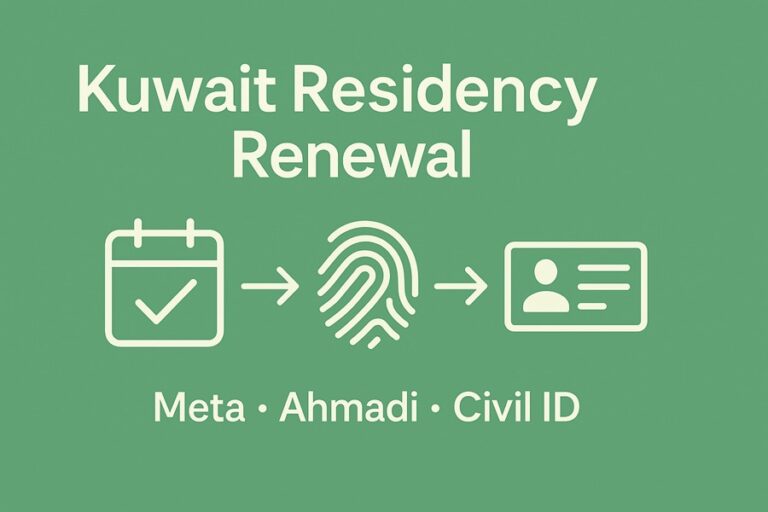How CRM Drives Customer Engagement: Strategies That Turn Casual Buyers Into Loyal Fans
Introduction
In the fast-paced business of today, it’s critical that you establish long lasting relationships with your customers. Great products (or services) no longer stand alone; to succeed, the companies behind them must nurture deep and ongoing engagement with their audience. And this is where CRM (Rocket CRM) comes into picture. CRM is more than just a customer information database — it’s a powerful tool for businesses to connect with customers on an emotional level, transforming single-purchase clients into repeat, long-term brand advocates.
Role of CRM in Engaging the Customer
CRM is a system for organizing, analyzing and managing customer interactions on an ongoing basis. “From the first contact with a prospect, through the sales process and then on to constant contact post-purchase, CRM software captures all of this information and makes it accessible to you. With this information centralized, companies can craft communication strategies that are more personalized, relevant solutions and memorable experiences—engaging and building loyalty.
One of the most useful benefits of CRM is its capacity to monitor interactions across various channels. No matter which platform a lead reaches out to you through — social media, email or DM, a CRM makes sure that every interaction is tracked and available. This enables companies to engage instantly, personalize messages that reflect the context of the individual and organizations experience; and build a connection with customers to deliver valued experiences.
Customization: Key to the Loyalty Kingdom
Modern consumers expect personalized experiences. They don’t want to be treated like just another transaction — they expect brands to remember them and know what they want/need. CRM does this by collecting customer data and analyzing it to form comprehensive profiles.
Using that information, companies are able to segment their audience and provide them with targeted marketing campaigns, tailored offers and product recommendations. An e-commerce company could send birthday discounts based on CRM data, while a provider of a service might personalize messages using past engagements. These customized types of follow-up show customers that the brand cares about how they can not only meet their needs, but also gather feedback to help them improve.
Customer Touchpoints Automated for Consistent Delivery
Regularity is what builds trust and long term relationships. Automation features in CRM systems can prevent businesses from becoming too short-staffed to keep up with a regular level of communication. Welcome series, post-purchase and up-sell follow-up flows ensure your customers are getting messages that make sense when they make sense.
This automation isn’t merely about convenience — it’s strategic. It keeps the brand top of mind, moves leads through conversion and makes the relationship even stickier over time. When subscribers continually receive relevant and helpful touch points from a brand they engage with, it’s more likely to keep them engaged and build that sense of loyalty.
Enhancing Customer Support and Feedback
Engagement doesn’t even end when a purchase has been made — it often deepens through continued support and feedback. And a CRM system is all-important in this context-it makes the customer service process seamless, and communication becomes proactive.
For example, CRM systems can trace past tickets from support and preferences, so that agents may provide quicker more personalized help. They can also automate satisfaction surveys or follow-up messages seeking customer feedback. Not only does this enhance the user experience, it also shows that the brand cares about what customers have to say – vital for trust and loyalty.
Data-Driven Decision Making
One of the most remarkable characteristic attributes of the CRM is analytical. With customer data, companies can track trends, evaluate engagement and discover the parts of their business that need work. This is a data-first approach to ensure that what clients are doing isn’t purely guess work, rather insights led.
For instance, if a data analysis reveals high customer churn after their first purchase then a business can create initiatives such as retention campaigns or loyalty programmes to recover and encourage them to make that second purchase. When decisions are driven by good data, engagement strategies get better and richer.
Summary: CRM is the Key to Long Lasting Customers
Customers in the digital era and choice overload (and paradox), engagement is the competitive advantage. CRM isn’t a product, it’s a strategy –one that provides businesses with the ability to track customer data, communicate effectively, offer great support and make those all important sales. Effectively used, CRM can help to turn casual consumers into fanatical advocates of a brand who keep on coming back.
In a nutshell, then, Rocket CRM is the tool helping to link businesses to those they serve … and when used proactively, it transforms everyday interactions into lifelong customers
Keep an eye for more latest news & updates on Wellhealth Organic!




